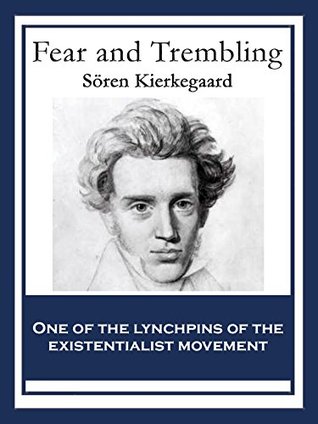More on this book
Community
Kindle Notes & Highlights
Read between
August 18 - August 28, 2023
If there were no eternal consciousness in a man, if at the foundation of all there lay only a wildly seething power which writhing with obscure passions produced everything that is great and everything that is insignificant, if a bottomless void never satiated lay hidden beneath all — what then would life be but despair?
for he who loves God without faith reflects upon himself he who loves God believingly reflects upon God.
Faith therefore is not an aesthetic emotion but something far higher, precisely because it has resignation as its presupposition; it is not an immediate instinct of the heart, but is the paradox of life and existence.
thaumaturge
It is now my intention to draw out from the story of Abraham the dialectical consequences inherent in it, expressing them in the form of problemata, in order to see what a tremendous paradox faith is, a paradox which is capable of transforming a murder into a holy act well pleasing to God, a paradox which gives Isaac back to Abraham, which no thought can master, because faith begins precisely there where thinking leaves off.
Now we reach the paradox. Either the individual as the individual is able to stand in an absolute relation to the absolute (and then the ethical is not the highest) / or Abraham is lost — he is neither a tragic hero, nor an aesthetic hero.
Heraclitus the obscure, who deposited his thoughts in his writings and his writings in the Temple of Diana (for his thoughts had been his armor during his life, and therefore he hung them up in the temple of the goddess), Heraclitus the obscure said, “One cannot pass twice through the same stream.(Plato’s Cratyllus.) Heraclitus the obscure had a disciple who did not stop with that, he went further and added, “One cannot do it even once.”( Cf. Tenneman, Geschichte der Philosphie, I) Poor Heraclitus, to have such a disciple! By this amendment the thesis of Heraclitus was so improved that it
...more


